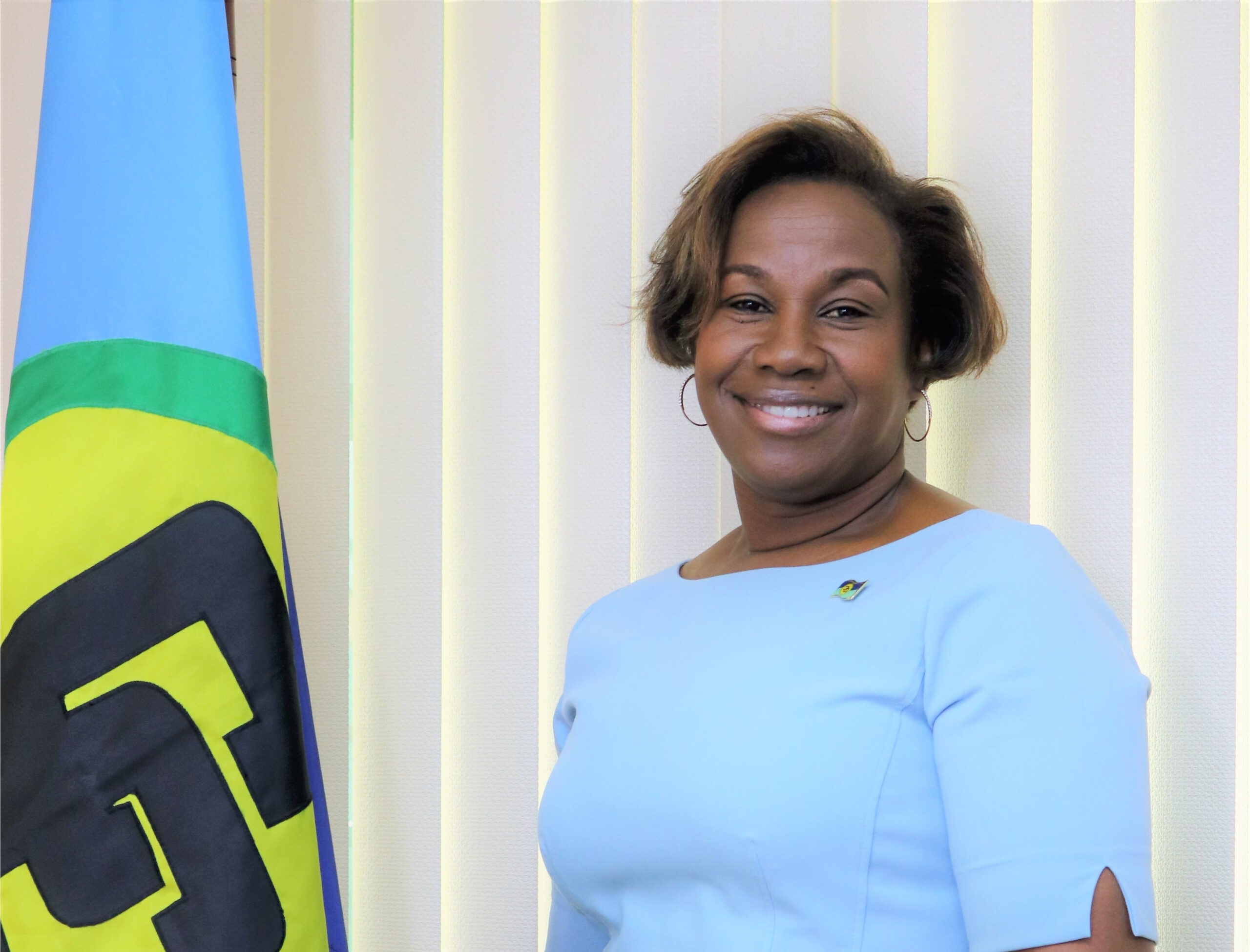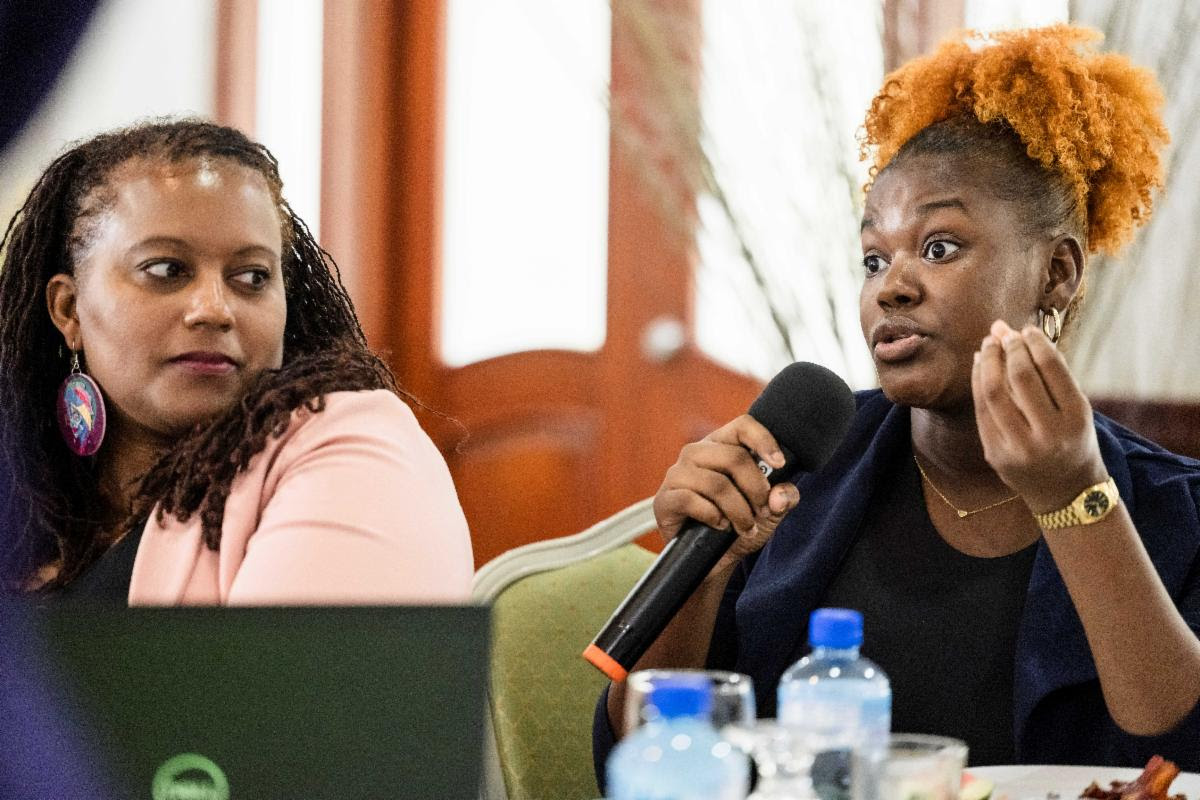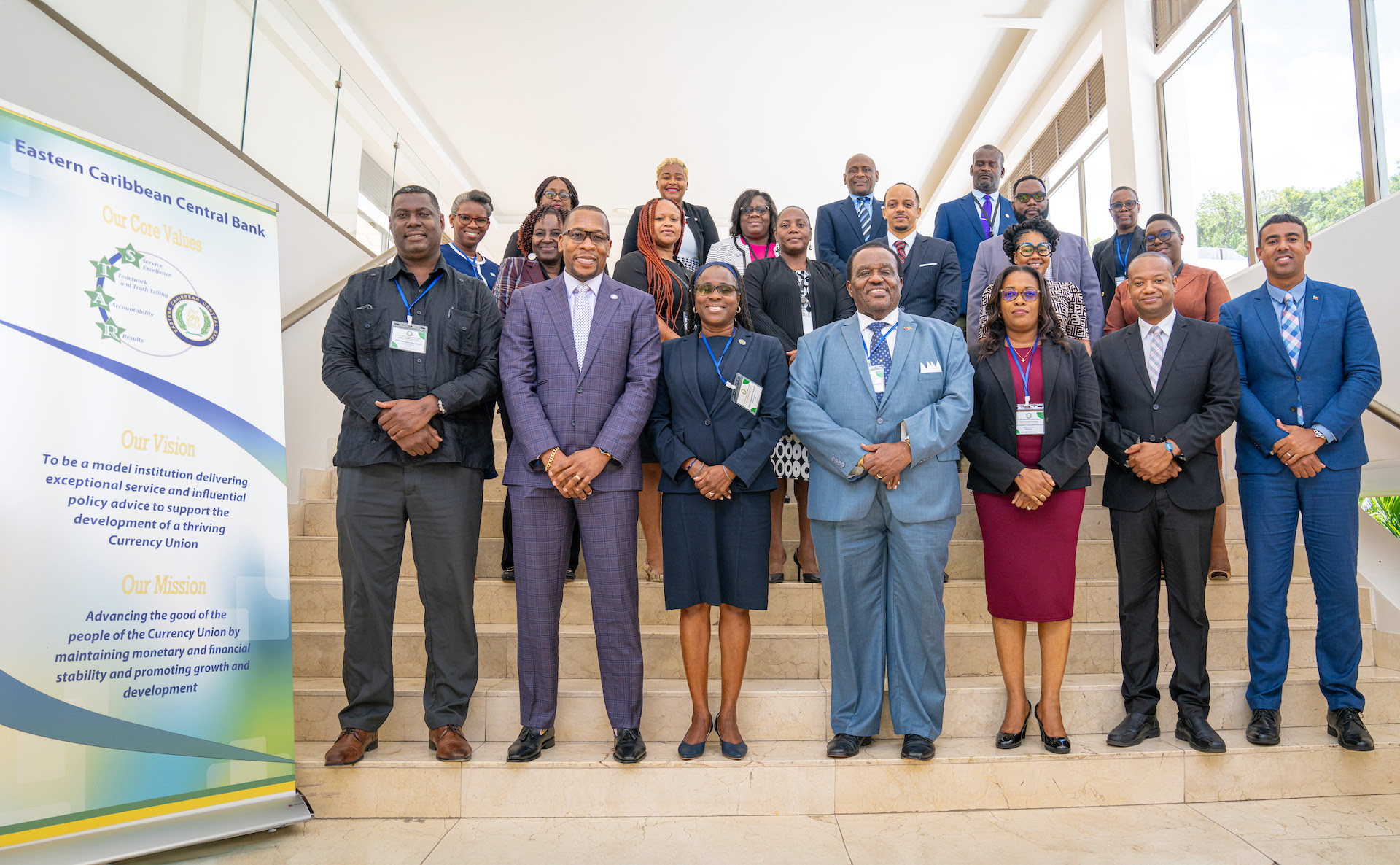The approval of the recently completed CARICOM Gender Equality Strategy (CGES) will be a highlight of the upcoming Council for Human and Social Development (COHSOD) – Gender on Oct. 18.
Titled “Stepping It Up: A Strategy to Achieve Gender Equality in the Caribbean Community”, the strategy is spearheaded by Ann-Marie Williams, Deputy Programme Manager, Gender Development at the CARICOM Secretariat. She underscored the importance of the strategy to the development of Caribbean girls and the synergy with this year’s theme for International Day of the Girl Child.
“In the past, girls were often invisible or left out of the conversation on youth development,” stated the Deputy Programme Manager, “but it was the 1995 Beijing Declaration and platform for action that recognised the importance of the girl child. Protection and development of the girl child was one of the twelve-point actions or pillars that countries had signed on to and agreed to implement programmes to improve the lives of women and girls.”
She explained that the declaration subsequently resulted in the United Nations declaring 11 October as significant for activities that promote the protection and development of the girl child.
Williams also underscored that the observance is particularly important now, as many of the gains made to increase opportunities for girls and to protect their sexual and reproductive health and rights have declined in recent years, particularly during the COVID-19 Pandemic. “This year’s theme is ideal as it advocates for the rights of girls to protection, education and health,” stated Ms Williams, “when girls are supported and educated, they have the potential to change the world. By empowering girls to use their potential to change the world, we will all have better futures. When women thrive, all of society benefits. Women account for 49.74% of the World’s population. We ignore them at our own detriment.”
The Deputy Programme Manager further explained that this year’s theme aligns with key aspects of the CGES. “The strategy is anchored by the girl child,” stated Ms Williams, “specifically, the approaches that can be utilised for the protection, education and overall development of girls. This is a significant achievement for the Region”.
In addition, the Deputy Programme Manager emphasised that the CGES provides a roadmap for Member States to provide a regional coordinated approach to achieve gender equality and empower all women and girls. Its principal goal: To accelerate the effective implementation of priority actions through a regional coordinated approach to achieve gender equality and empower all women and girls, aligns with Goal 5 of the 2030 Agenda for Sustainable Development.
The strategy is guided and informed by a series of international human rights commitments, regional policies and frameworks, and other gender equality instruments that outline the Region’s commitments to advancing human development and gender-equitable outcomes.
It is anticipated that the CGES will receive approval and commendation at the upcoming COHSOD-Gender with the overarching goal of advancing the protection and development of girls across the Region.




